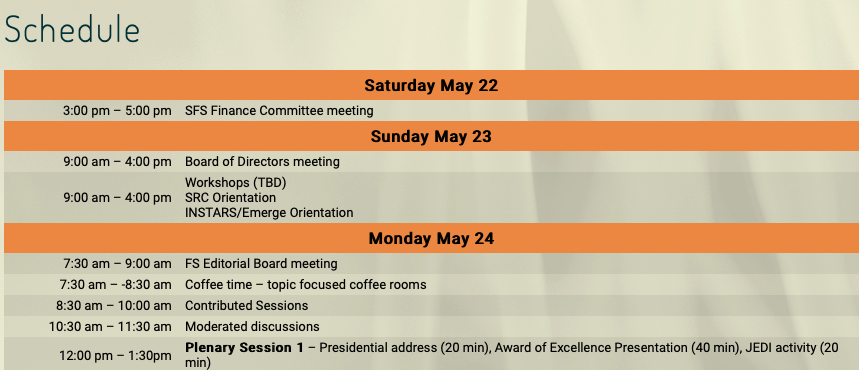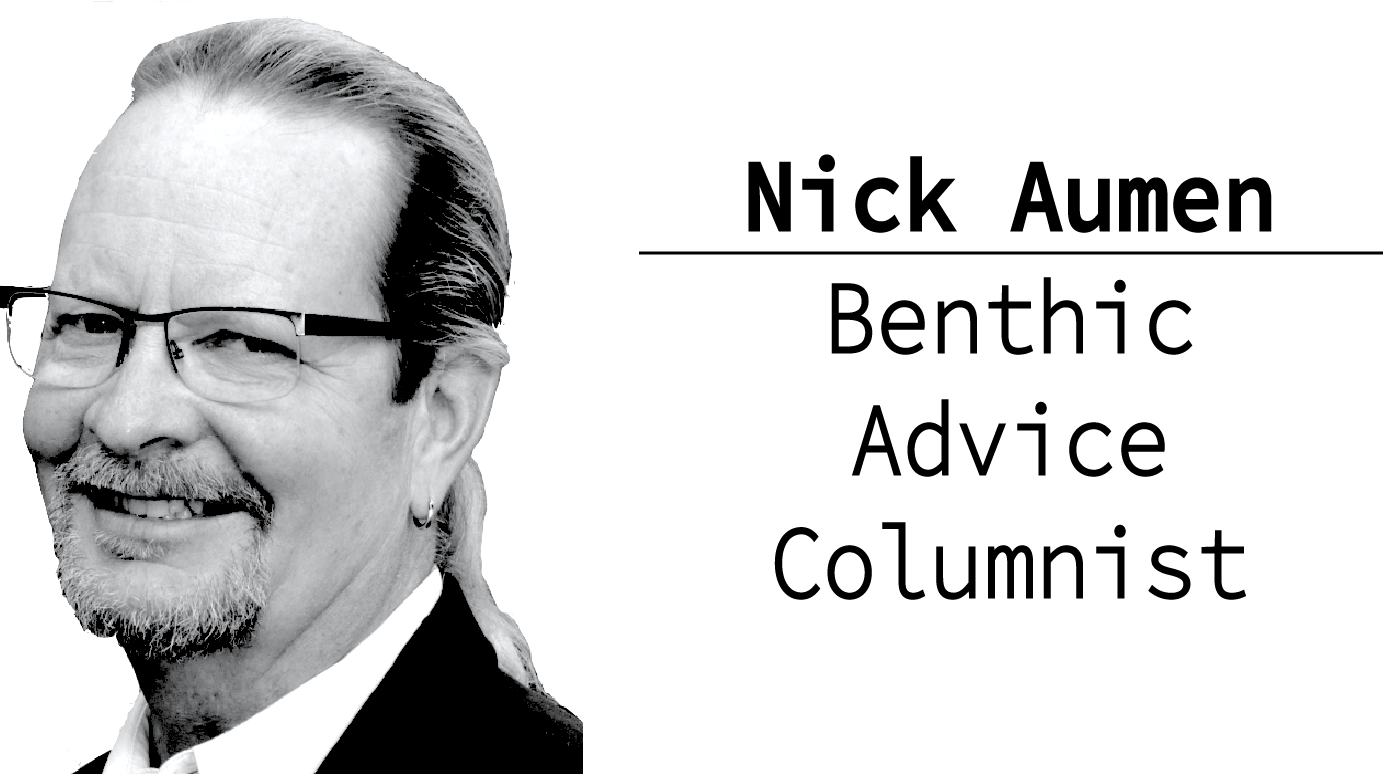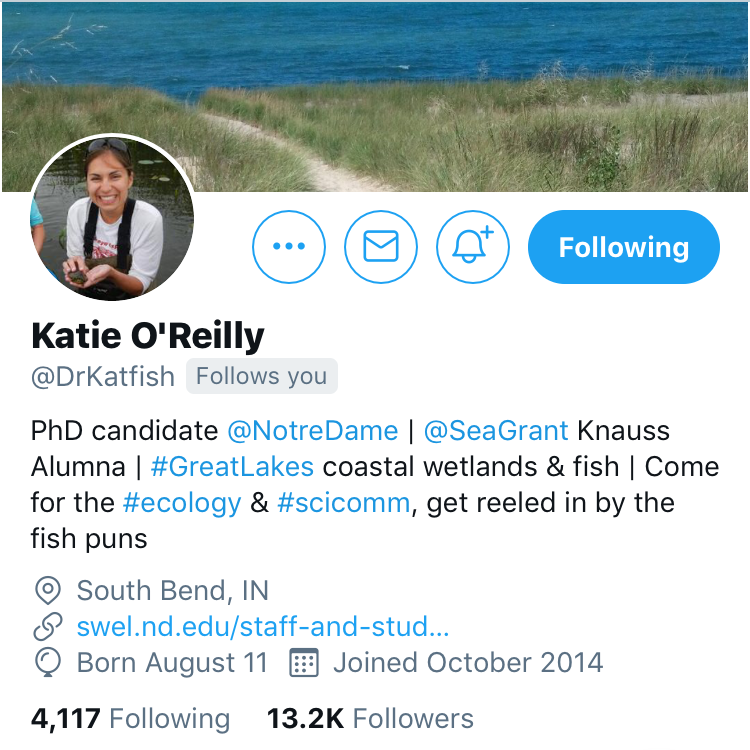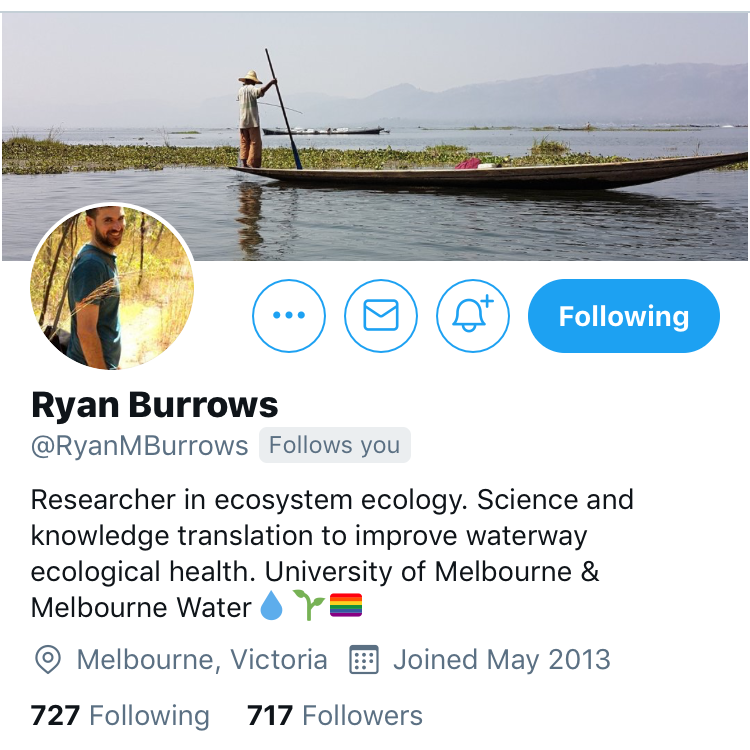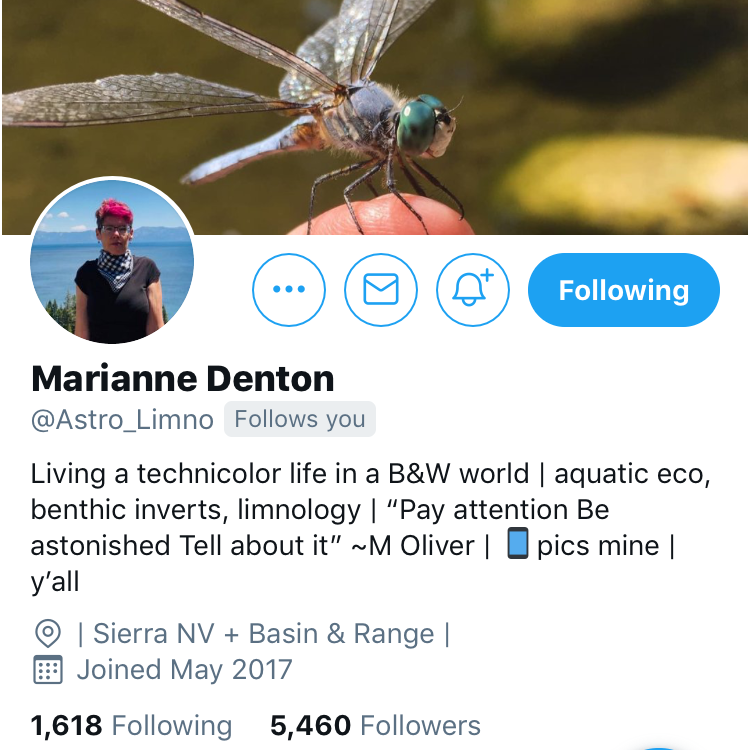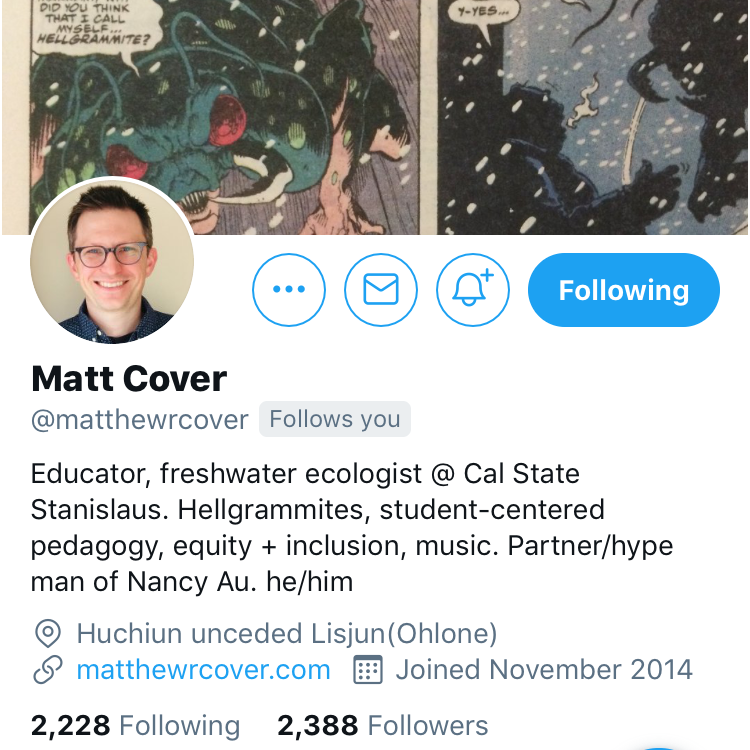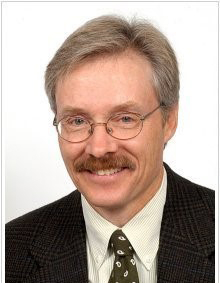In the Drift: Issue 39, Winter 2020/21
In this issue
- FPOM
- Meeting info
- Article Spotlight
- Dear Nick
- Who to follow
- Rembering Kyle Hoagland
- SFS Policy Committee Update
- JEDI Taskforce
- SFS Headwaters
FPOM
SFS news and upcoming events collected from "the drift"
- Submit abstracts by March 1 for SFS 2021 virtual meeting
- SFS contributes to amica brief regarding Clean Water Act
- Listen to Freshwater Science audio articles
- Apply for SFS Endowed Publication Fund for financial support in publishing
- SFS member's COVID support forum (access via member portal)
Important dates and links:
February 22: Registration opens
March 1: Abstracts due EXTENDED
May 23-27: SFS Virtual Annual Meeting
View list of contributed sessions
View list of special sessions
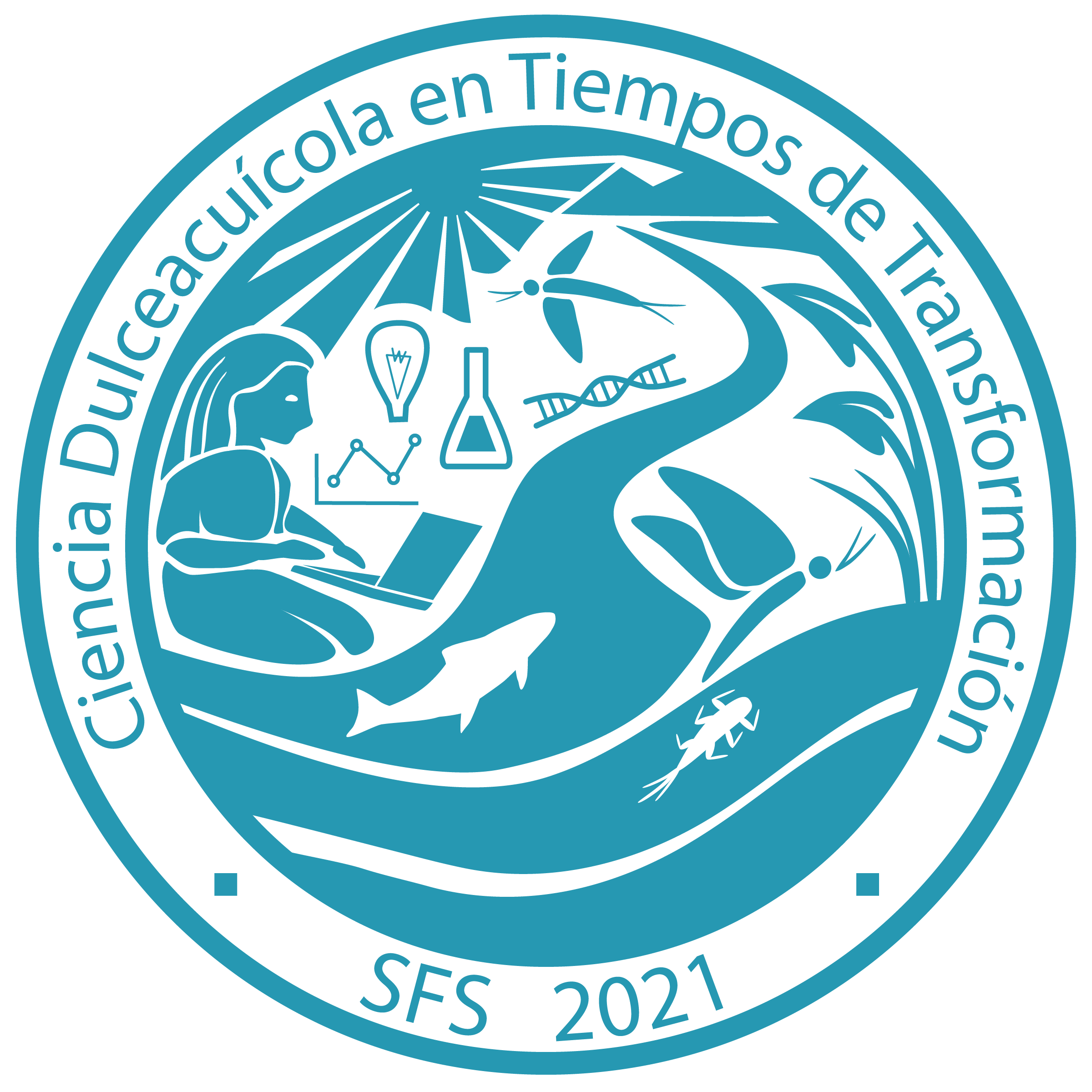
The SFS 2021 logo winning design, now in English and Spanish, was submitted by Robert B. Keast, MLA Student, Knowlton School of Architecture, The Ohio State University.
Article Spotlight
By Ali Chalberg and Brad Morris
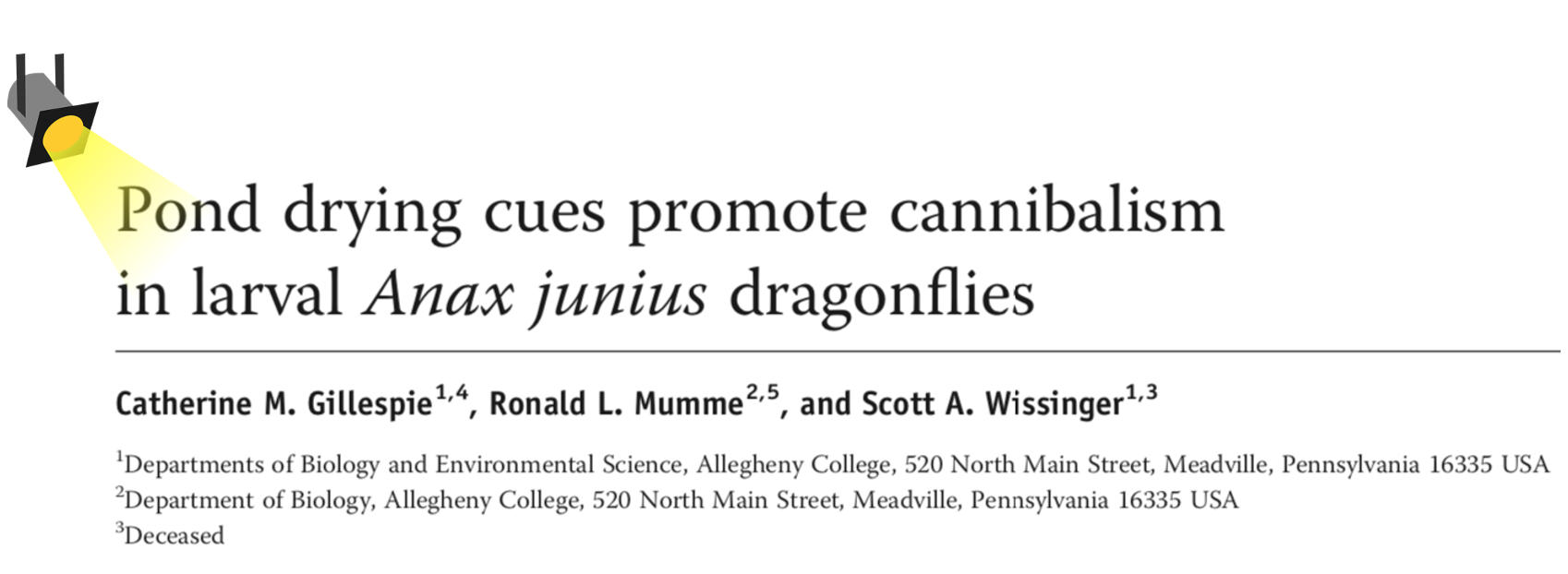
Cannabalistic Dragons
Cannibalism is an act most creatures only resort to in times of extreme stress. Eating your own kind, seems like the last resort. However, certain species of insects have been known to cannabalize. A recent Freshwater Science paper focused on cannibalistic behavior (specifically larger individuals preying on smaller) of larval common green darner dragonflies (Anax junius; Family Aeshnidae).
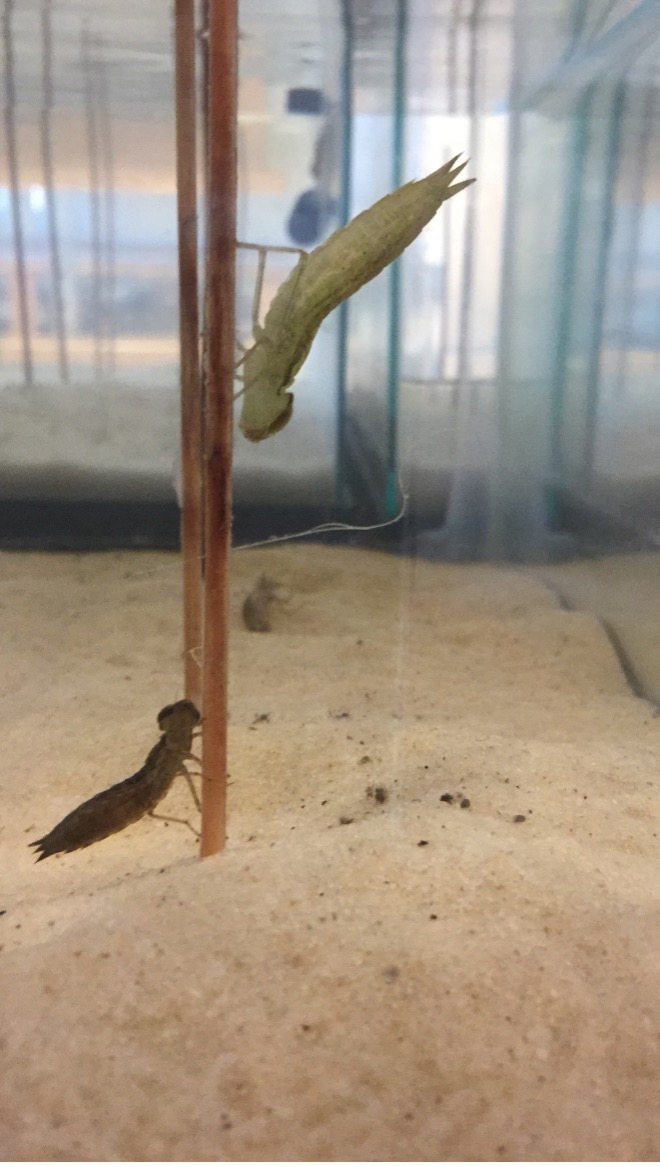
Large and medium sized Anax junius dragonflies used in laboratory mesocosm experiments (Photo credit: Cat Gillespie).
This study was based on Catherine (Cat) Gillespie’s undergraduate work at Allegheny College, and was conducted by her and the late Dr. Scott Wissinger. Due to Scott’s passing, his friend and colleague Dr. Ron Mumme, a professor of Biology at Allegheny College (31 years and counting!) helped Cat publish the work. Cat now works in the attributes department at a renewable energy company. The premise was to determine if pond drying or population density had more of an effect on cannibalism in dragonflies. The idea stemmed from her junior seminar course where Scott opened the world of aquatic biology to Cat. She was excited to get field experience through her senior thesis. Her interest specifically focused on the interaction of aquatic insects and climate change. Scott worked his magic and together they came up with an interesting project looking at how A. junius dragonflies responded to pond drying.
Cat created mesocosms that had perches for the dragonflies to climb on. However, she struggled to keep them standing, but with the quick fix of gluing foam to the bottom to glue them to, she was able to replicate natural perches. After creating the perches in the tanks, Cat got busy finding a suitable substrate. She had to order sand three different times to finally find one that did not make the water murky while still being fairly natural to the dragonflies. Who knew the hardest part about this study would be finding the right sand?
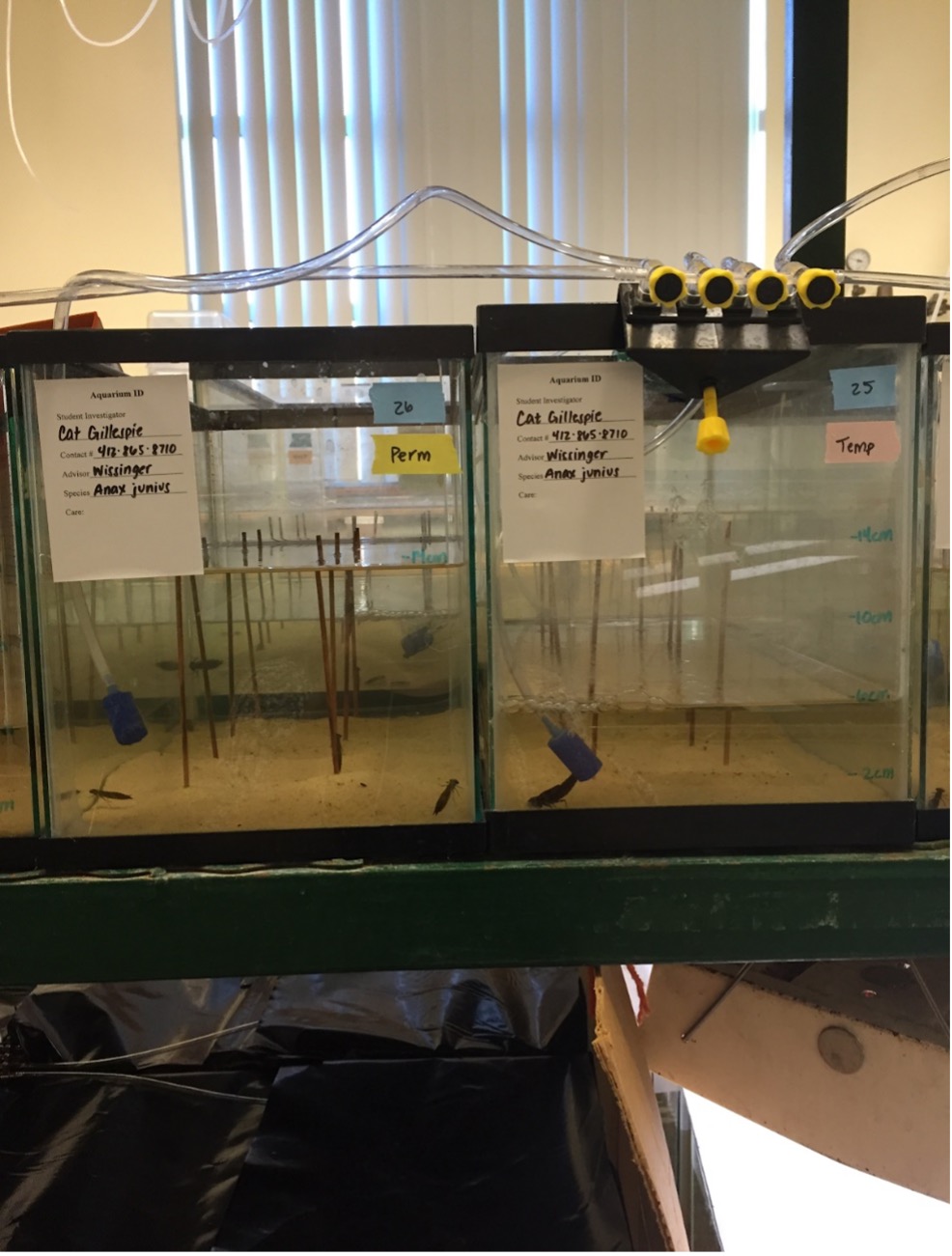
Experimental mesocosms used to test the effects of pond drying on dragonfly cannibalism behavior (Photo credit: Cat Gillespie).
Cat also had to go into the field to collect specimens. One of her fondest memories was collecting damselflies from nearby wetlands. Imagine the thoughts going through your friends' minds (that are not scientists) when you ask “want to go trudge through a wetland with me to collect food for my dragonflies?”
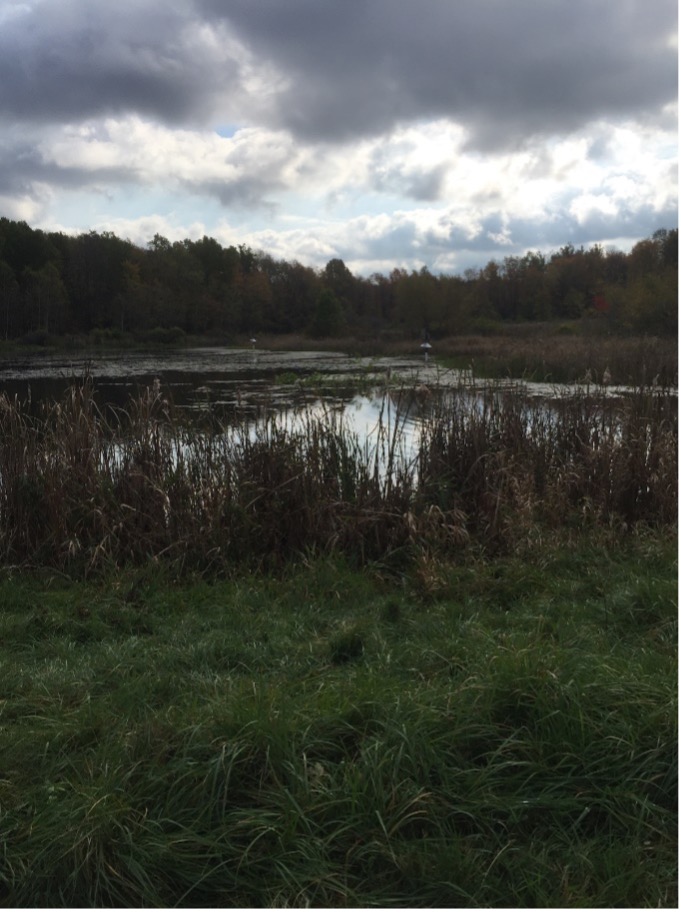
Wetland used for collecting dragonflies for the laboratory experiments (Photo credit: Cat Gillespie).
Cat and her coauthors found that pond drying increased cannibalism in larval dragonflies.The results, although cool, are a little bit shrouded in mystery as they were unable to tease apart what aspects of pond drying specifically led to the cannibalism. They seemed optimistic for future studies to look into the rate of decline and fluctuation of the water to see how they affect the behavior of dragonflies.
Not only does this study shine light onto the potential causes of cannibalistic behavior in dragonflies, it demonstrates how undergraduate research can provide some “pretty darn significant” results!
This article was dedicated to the memory of Dr. Scott Wissinger, an active member of NABS and SFS. Cat says Scott was a great mentor and friend and it was very special to see this study published in Freshwater Science because one of his first publications was in Freshwater Science. In the Drift published a tribute to Wissinger in the Winter 2019/20 issue.
Read the journal article in Freshwater Science
DEAR NICK:
I normally present my latest thesis research results at the SFS annual meeting. However, because the conference is now virtual and may offer fewer opportunities for interaction and networking than in-person meetings, I am considering not presenting this year. However, I am worried that this decision will have a negative impact on my career. What should I do?
-- Concerned Student
Dear Concerned:
Your concerns are understandable – we all struggle to adapt during these challenging times. The impacts of this pandemic are significant, and they reach into every corner of our professional and personal lives. I believe the key to successfully navigating these challenges is to recognize and accept them, to adapt to them, and to do the best we can under difficult circumstances.
With respect to virtual conference attendance, I believe the positives far outweigh the negatives. Sure, we will miss some of the camaraderie, social interactions, professional networking, and fun that comes from in-person SFS annual meetings. But, with a little extra effort and creativity, we can make these events worthwhile. For example, it is important for you as a scientist to keep up with current advances in your field, and to advocate for your science. Conference participation fosters the development of your presentation skills (a career-long journey!), builds your professional profile and exposure, and expands your professional network. And, the meeting organizers are making this meeting as interactive as possible, especially for graduate students. You can take advantage of small group discussions during coffee breaks, mixers, and mentor/mixer events. Graduate students are encouraged to lead these moderated discussions (two will be offered each day of the meeting). You can volunteer to do so during abstract submission and registration.
In order to maximize the positives of a virtual setting, please invest a little more commitment of your time and attention than usual. The five-day meeting will include all the regular features of SFS annual meetings, plus additional events made possible by the virtual format. Because of the possibility of online fatigue, take your role in the conference seriously and make the conference your sole focus that week. We draw energy and satisfaction at in-person conferences from personal interactions with friends and colleagues, and will miss that energy. You will have to commit to making your daily attendance a priority. After all, you will spend money for the opportunity and want to get the most for your investment. Be sure to free up your calendar for that entire week, and avoid multi-tasking when online. Be engaged when online. Use the chat feature to ask questions and interact with colleagues. And, perhaps most importantly, work hard on your presentation and practice it before recording.
This pandemic may forever change the way we conduct our meetings, and some virtual component is likely to stay. And, there are some real advantages of virtual conferences. The virtual platform removes some of the networking barriers that exist at an in-person meeting. To talk with someone in person, you have to find them among 1,000 people, arrange a time and place to meet, and work that into your schedule. In a virtual meeting, it is likely that those interactions will be easier to arrange. Keep in mind that virtual meetings are less expensive than in-person meetings, lacking travel, lodging, and meal costs. Lower expenses may increase the number and diversity of those attending, particularly those international attendees who are deterred by the time and cost of travel. Your presentation is likely to be seen by more of a global audience than ever! Finally, virtual meetings clearly reduce the carbon footprint of our scientific interactions.
While there are some downsides to virtual meetings, I hope you can see that there are some significant advantages. Participate, give it your best, and be flexible and understanding when it comes to the inevitable technical glitches that happen during virtual events!
-- Nick Aumen
Remembering
Kyle D. Hoagland
1951 - 2020
By Chris Peterson and Dean DeNicola
Kyle Dean Hoagland, Ph.D., freshwater algal ecologist, passed away on 12 August 2020 at the age of 69 after a long battle with Parkinson’s Disease. Kyle received a B.S. at Michigan State University, an M.S. from Eastern Michigan University and his Ph.D. at the University of Nebraska. He went on to a post-doctoral appointment at the University of Maine and faculty positions at Louisiana State University and Texas Christian University. In 1990, Kyle returned to his native Nebraska, taking a position at the University of Nebraska Lincoln. During his 25-year tenure there he mentored many undergraduate and graduate students, and served as Director of the Nebraska Water Center.
Kyle made impactful research contributions to periphyton ecology. His visual documentation and analysis of periphyton community development in lentic systems using Scanning Electron Microscopy revealed similarities to terrestrial communities, and influenced many future studies of periphyton succession. Over the course of his career, subsequent research foci included the influences of light on periphyton communities in reservoirs and streams, wave disturbance/light interactions, structure and function of diatom extracellular polymeric substances, and a large body of work on algal toxins associated with harmful algal blooms and the effects of herbicides on aquatic systems.
Kyle was in his element during his summers in Western Nebraska. Those fortunate enough to take Kyle’s limnology class or do research with him at Cedar Point Biological Station in the Sand Hills found his enthusiasm in the field and lab contagious. Kyle was so comfortable to work with; he was a mentor but also, immediately, a friend. His droll, sometimes sarcastic, often self-deprecating sense of humor made him approachable to all and a ton of fun to be around. After a long day of field work, he enjoyed nothing more than sharing his love of the culture of Western Nebraska with his graduate students and postdocs, often putting them on with stories of coyotes and tornados, or making them go watch the storms roll in over the lake.
Kyle was extremely generous with his time and always willing to lend assistance to others, without hesitation, regardless of the circumstances. He is fondly remembered by many as an excellent mentor, colleague, friend, and teacher. He made the world a better place through his decency, care for others, humility, and his dedication to forwarding scientific advancement in aquatic ecology.
An update from the SFS Policy Committee
The SFS Science & Policy Committee submitted two letters this fall on Army Corps of Engineers (ACE) actions and signed on to an Amici brief filed in the District of MA by the US District Court.
The first letter (11/15/2020) regarding ACE changes to Nationwide Permits (NWP) urged the ACE to withdraw its proposed changes due to insufficient scientific evidence and actions conflicting with our understanding of aquatic science, particularly as relates to the stream loss limit being increased to ⅓ of an acre, which would have irreversible impacts on headwater streams. The NWP changes would also shorten the revision cycle and decreasing environmental impact assessment, in addition to violating the Clean Water Act and National Environmental Protection Act and narrowing the WOTUS definition. This effort would further circumvent the potential for agency coordination and undermine tribes’ and states’ authority on water quality.
The second letter (11/30/2020) urged ACE to not proceed with building the Vicksburg Yazoo pumps on both ecological and financial grounds due to insufficient and/or incorrect assessment of impact, mitigation, and effects on stream ecosystems, in addition to lacking peer review. Alternatively, SFS recommends applying these resources towards environmentally and financially sustainable flood relief for the floodplain community.
SFS is part of the Amici curiae, a group of nine scientific societies involved in aquatic systems in the US. The Amici filed a brief in Massachusetts regarding the Navigable Waters Protection Rule (NWPR) outlining how changes would be against best scientific understanding and would remove Clean Water Act protections. The Amici argue that the NWPR is not sufficiently or scientifically supported and will have negative downstream consequences, and details specific and data-supported implications of the ruling, and ways in which agency assessment was incomplete, notably a failure to estimate the waters that would be affected.
SFS JEDI Taskforce
An initiative specifically aimed at breaking down barriers for underrepresented groups in SFS through a set of intentional and clear actions.
Please visit the SFS JEDI Task Force webpage to see some ways are breaking down barriers in SFS. If you are interested in participating, please send us a note at jedi@freshwater-science.org.
SFS Headwaters
Headwaters is a space to highlight and celebrate the amazing contributions of SFS student members. Fellow students and professionals alike can now get to know the research, outreach, and mentoring that students are doing within their labs, institutions, and the society. Check out the SFS Student Resource Committee Instagram for our Instagram Takeovers!



